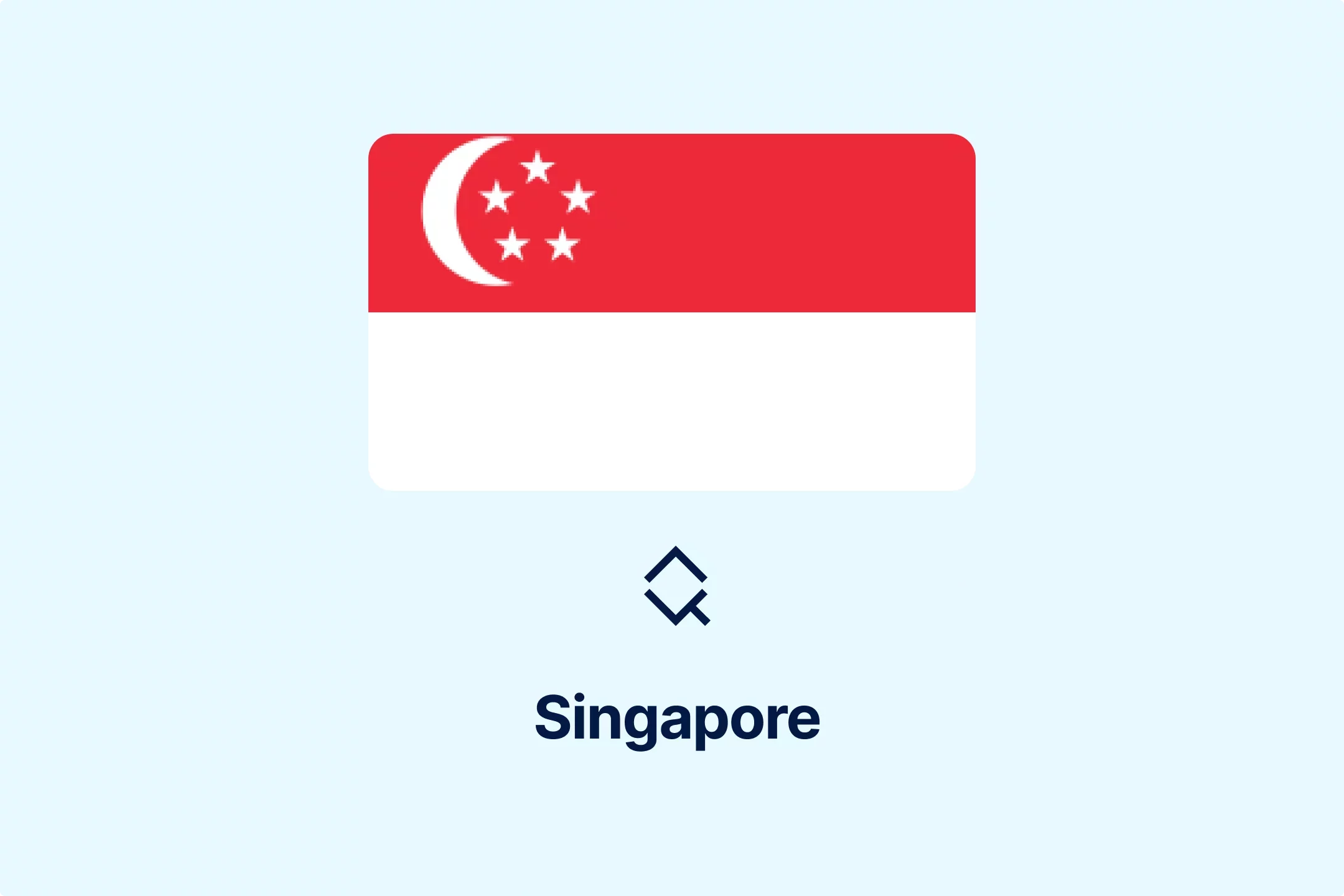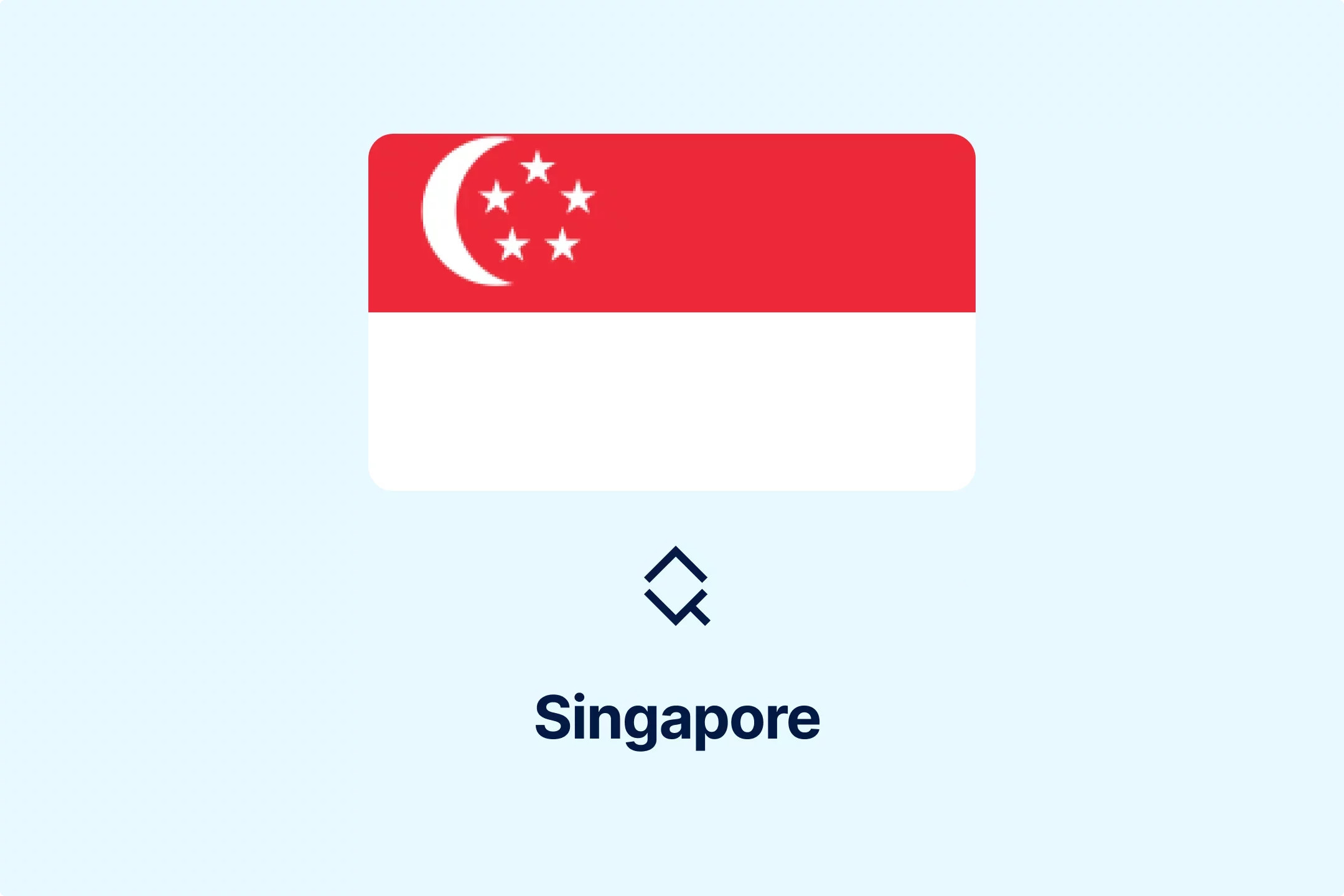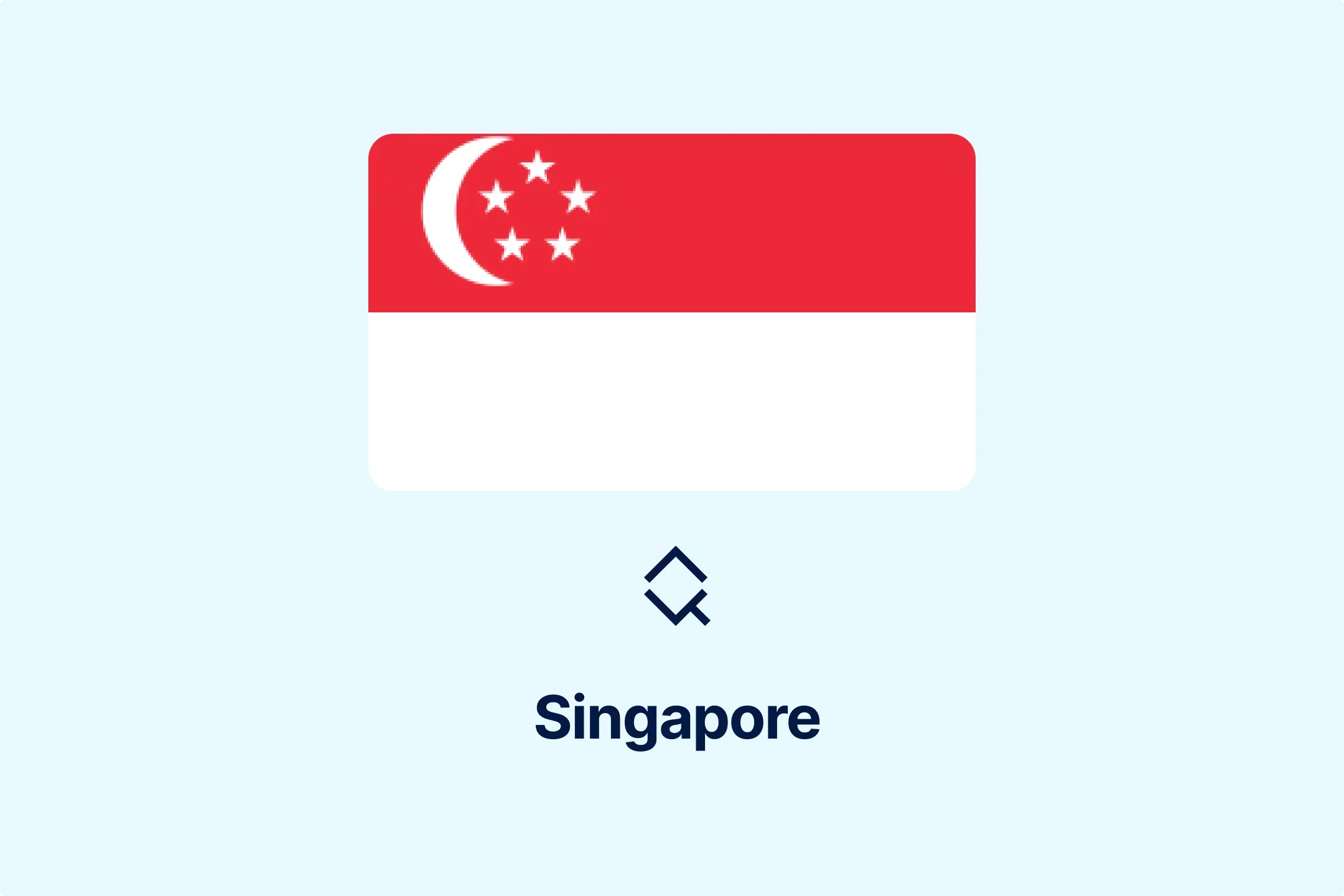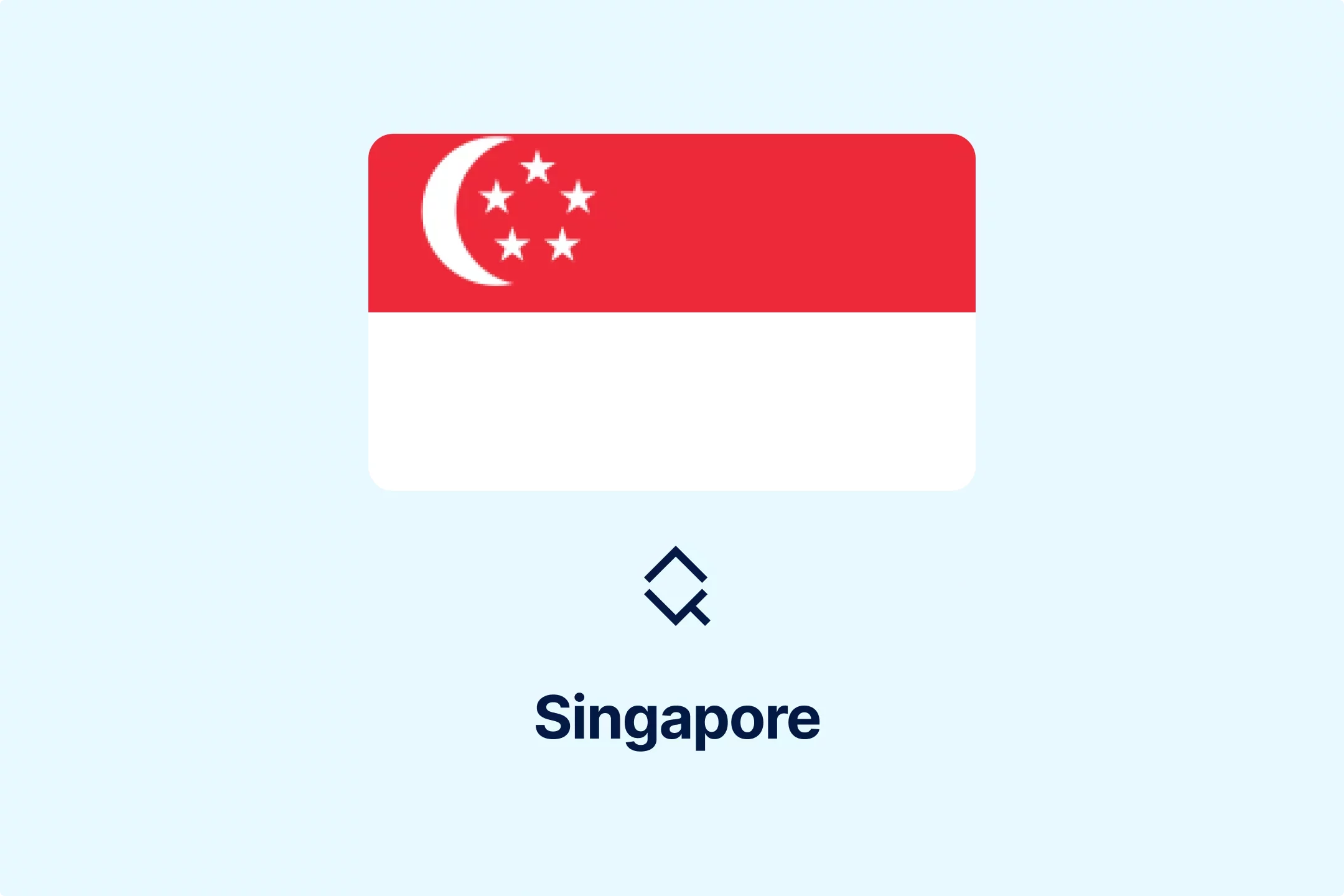Singapore Simplifies Gross Margin Scheme Access with New Self-Assessment Process

Singapore's Inland Revenue Authority (IRAS) has published the updated GST: General Guide for Businesses (Sixteenth Edition), introducing significant changes to the Gross Margin Scheme (GMS) that will streamline access for eligible businesses. The most notable change removes the requirement for prior approval from the Comptroller, replacing it with a self-assessment checklist effective from July 1, 2025.
Key Changes to GMS Administration
The updated guide introduces fundamental changes to how businesses can access the GMS:
Pre-July 1, 2025: Businesses were required to obtain formal approval from the Comptroller before using the GMS
Post-July 1, 2025: The approval requirement has been eliminated, with businesses now able to self-assess their eligibility using IRAS's 'Self-Review of Eligibility to Use the Gross Margin Scheme (GMS)' checklist
This change represents a significant administrative simplification, allowing qualifying businesses to implement the scheme more quickly while maintaining proper compliance standards.
Understanding the Gross Margin Scheme
The GMS allows GST-registered businesses to account for GST on the gross margin (selling price minus purchase price) rather than the full value of goods supplied. This scheme particularly benefits businesses dealing in second-hand goods, including:
Used motor vehicles
Second-hand jewelry
Used electrical appliances and furniture
Other pre-owned goods purchased free of GST
Enhanced Guidance and Examples
The updated guide includes a new practical example in paragraph 5.7.1 demonstrating GMS application. For instance, if a second-hand car dealer purchases a vehicle for $1,000 from a non-GST registered person and sells it for $1,500, the GST calculation would be:
GST = ($1,500 - $1,000) × 9/109 = $41.28
This simplified calculation method ensures businesses can easily determine their GST obligations while benefiting from reduced tax exposure on pre-owned goods.
Eligibility Requirements and Compliance
To use the GMS, businesses must meet specific conditions:
Operate primarily in selling second-hand goods or provide pure financing services for hire-purchase arrangements
Purchase goods from non-GST registered suppliers or GST-registered suppliers who used GMS
Cannot claim input tax on purchases from these suppliers
Must not issue tax invoices for GMS sales (regular sales invoices only)
Cannot offset losses from GMS sales against profits from other transactions
The new self-assessment checklist helps businesses verify these requirements and understand scheme obligations without requiring formal IRAS approval.
Impact on Motor Vehicle Dealers
Motor vehicle dealers, who frequently use GMS due to high transaction values, will particularly benefit from this streamlined process. The changes allow dealers to:
Implement GMS immediately upon meeting eligibility criteria
Reduce administrative delays in scheme adoption
Access clearer guidance on proper GST treatment for second-hand vehicle sales
Dealers can choose between GMS (for vehicles purchased without GST) or the Discounted Sale Price Scheme (charging GST on 50% of selling price) depending on their circumstances.
Business Implementation Considerations
Companies should review their current arrangements to determine GMS eligibility and ensure proper implementation. Key action items include:
Complete the self-assessment checklist available on the IRAS website
Review record-keeping procedures to ensure compliance with GMS requirements
Train staff on proper GMS calculations and invoice procedures
Assess existing supplier relationships to confirm GST treatment eligibility
The removal of approval requirements does not diminish compliance obligations — businesses remain fully responsible for proper scheme implementation and accurate GST reporting.
These changes reflect Singapore's continued commitment to reducing administrative burden while maintaining robust tax compliance frameworks, providing businesses with greater flexibility in managing their GST obligations.

More News from Singapore
Get real-time updates and developments from around the world, keeping you informed and prepared.
-e9lcpxl5nq.webp)










